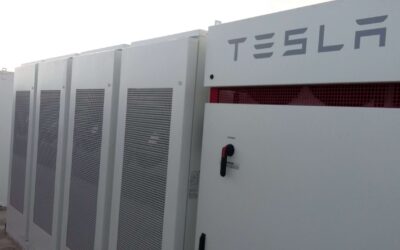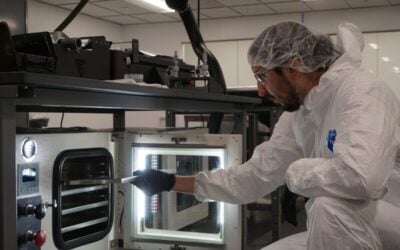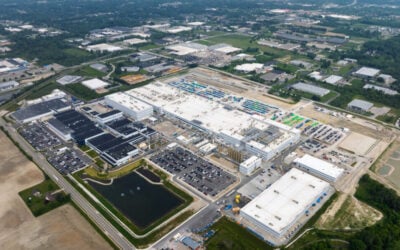
As part of Duke Energy’s efforts to advance battery storage technology within the Carolinas, the company announced US$500 million in projects over the next 15 years within both US states.
Rob Caldwell, president, Duke Energy Renewables and Distributed Energy Technology, said: “Duke Energy is at the forefront of battery energy storage, and our investment could increase as we identify projects that deliver benefits to our customers. Utility-owned and operated projects in North Carolina and South Carolina will include a variety of system benefits that will help improve reliability for our customers and provide significant energy grid support for the region.”
Enjoy 12 months of exclusive analysis
- Regular insight and analysis of the industry’s biggest developments
- In-depth interviews with the industry’s leading figures
- Annual digital subscription to the PV Tech Power journal
- Discounts on Solar Media’s portfolio of events, in-person and virtual
In total, the $500 million in projects is equal to around 300MW of capacity. When adding up battery storage from all utilities, North Carolina has only about 15MW of battery storage capacity in operation, with an even smaller total in South Carolina.
Duke Energy filed for a Certificate of Public Convenience and Necessity with the North Carolina Utilities Commission for a PV project in the Hot Springs community of Madison County as part of a microgrid project that will feature a 2MW PV facility and a 4MW lithium-based battery storage facility.
The Hot Springs project is part Duke Energy’s Western Carolinas Modernization Project, which will see the company close a 50-year-old coal-fired power plant in Asheville in 2019, with the site set to be replaced by a cleaner natural gas-fired plant and distributed energy resources like solar power and battery storage.






